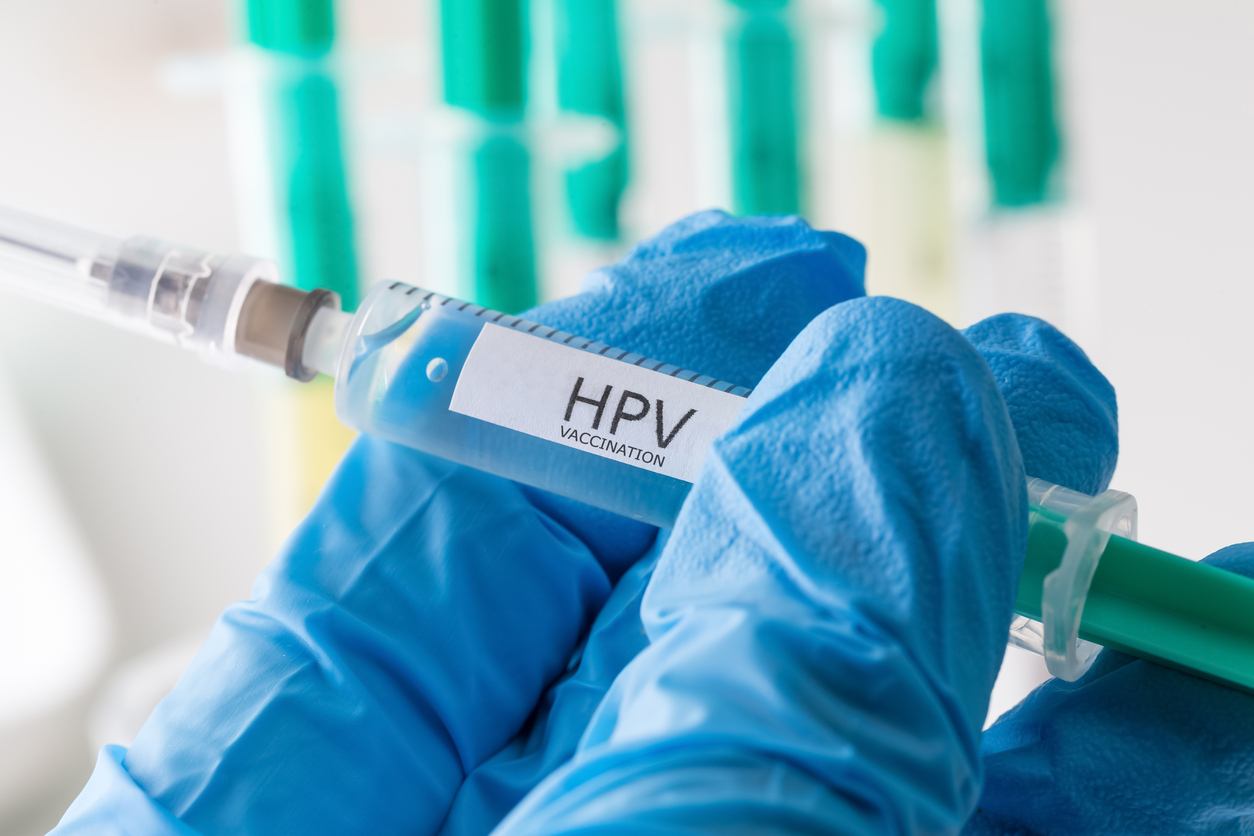Media Release
From: JAMAHPV vaccination has been recommended for U.S. females since 2006 and since 2011 for males to prevent anogenital HPV infections and associated cancers. Prevention of oral HPV infections and associated cancers of the mouth and throat is not a vaccine indication due to lack of clinical trials. Therefore, study investigators generated nationally representative data on oral HPV infections in the U.S. from 2009-2016 to look for evidence of herd protection in unvaccinated men and women ages 18 to 59. Vaccination rates increased among men and women during the study period. Study authors report the prevalence of vaccine-type oral HPV infections (e.g. those included in the vaccine) declined from 2.7% to 1.6% in unvaccinated men, with no change in nonvaccine-type HPV infections. Oral HPV infections in unvaccinated women remained unchanged for both vaccine- and nonvaccine-types. The findings suggest herd protection among men against oral HPV infections, which the authors say is likely due to the increased level of HPV vaccination in women. The apparent lack of herd protection among unvaccinated women may be because of low statistical power in the study due to a low prevalence of oral HPV infections in women. A limitation of the study is the use of self-reported information on HPV vaccination.


